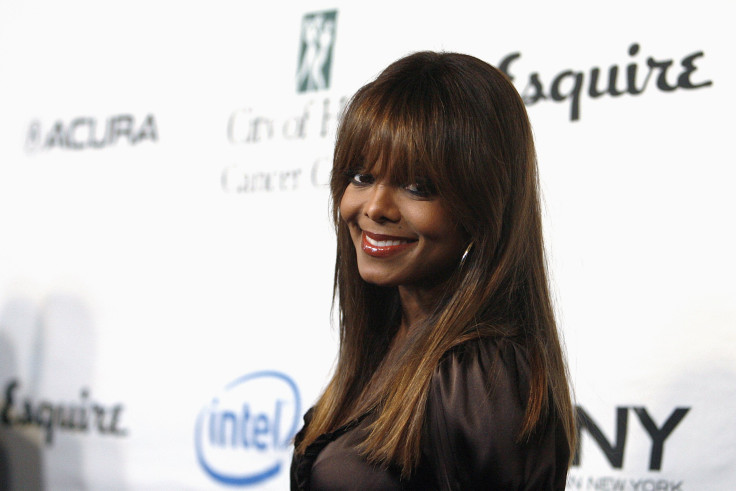How Old Is Too Old To Have A Baby? Janet Jackson Welcomes Son At 50, But Is That Normal?

Iconic pop star singer Janet Jackson and husband welcomed their healthy baby boy Tuesday, the singer's rep shared in a statement to People. Jackson, 50, who had a “stress-free healthy delivery” was said to be "resting comfortably," according to the statement, which also noted the baby’s name: Eissa Al Mana.
"Janet Jackson and husband Wissam Al Mana are thrilled to welcome their new son, Eissa Al Mana, into the world,” the statement said.
Eissa is the singer and her husband's first child. With more women choosing to wait later to have their first child, a new debate has sprung up in the mommy culture wars: How old is too old to have a baby?
Researchers in The Netherlands found women in their 20’s were 98 percent likely to have at least one more baby after their first --- because they were still highly fertile, just like women at age 25. There was more than a 95 percent chance that would have more children.
Women age 30 through 35 are still fertile. However, there is indeed a decline in fertilization. At age 30, women are 93 percent likely to become pregnant again; at age 35, women are 88 percent likely to give birth again; at age 38 women are 80 percent likely to become pregnant for the second time without the help of fertility treatments.
Women over the age 35 are considered "advanced maternal age." By age 35, a woman's risk of conceiving a child with Down syndrome is about 1 in 350. By age 40, the risk is about 1 in 100, and by age 45, the risk is about 1 in 30, according to the Mayo Clinic. Women over 35 may also suffer pregnancy complications such as preterm birth, preeclampsia, gestational diabetes, and fetal growth problems, according to ACOG.
The median age for giving birth is 40–41 years, according to a study published in the journal Human Reproduction. The study, which looked at more than 58,000 women over different time periods, found a women’s fertility declines after she reaches 35.
Women age 41 have a 50 percent chance of becoming pregnant again; at age 45, it drops down to 10 percent; and as they get near 50, there is a zero percent chance that they will be able to conceive a child.
© Copyright IBTimes 2024. All rights reserved.












